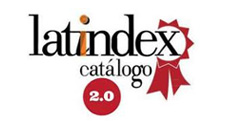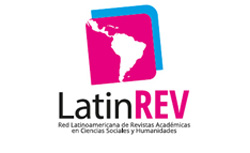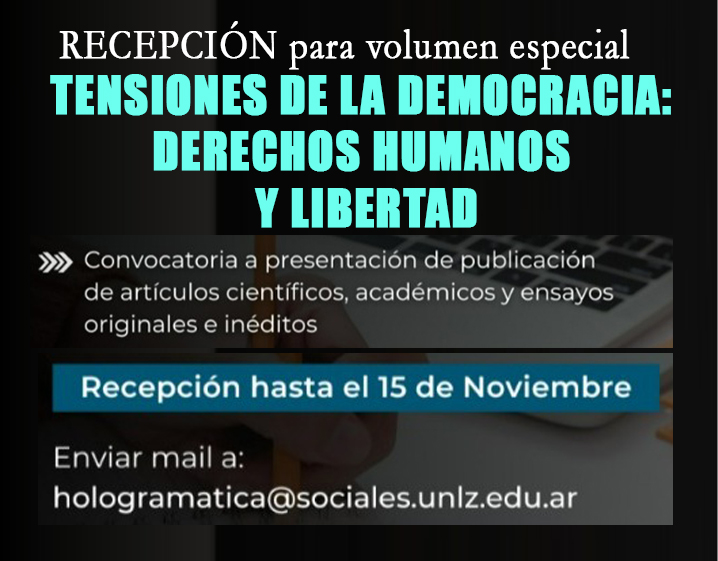RELACIONES PÚBLICAS CON LA COMUNIDAD Y GESTIÓN DE CONFLICTOS POTENCIALES ENTRE UNA EMPRESA PETROLERA Y LOS CASERÍOS DE SECHURA, PERÚ
Palabras clave:
Relaciones Públicas, Relaciones con la comunidad, Gestión de intereses, Participación ciudadanaResumen
La presente investigación forma parte de la tesis aprobada: Relaciones Públicas con la comunidad y gestión de conflictos potenciales entre una empresa petrolera y los caseríos de Sechura, Perú, 2019, para optar el Grado de Maestro en Relaciones Públicas de la Universidad de San Martín de Porres. Tiene como objetivo conocer cuál es el vínculo de las Relaciones Públicas con la comunidad y la gestión de conflictos potenciales entre una empresa petrolera y los caseríos Belisario y El Barco, en Sechura, durante el 2015. La investigación recurre a la metodología mixta de modelo de triangulación concurrente (DITRIAC), que es utilizada para corroborar, validar y analizar tanto resultados cuantitativos como cualitativos de manera simultánea, pero por separado, es decir que, en la interpretación, se citan los resultados estadísticos de cada variable seguido por citas cualitativas. El nivel de investigación es descriptiva-correlacional; la población está compuesta por todos los pobladores de los caseríos Belisario y El Barco, pertenecientes a la provincia de Sechura, departamento de Piura, los cuales suman un total de 186. La muestra tiene 47 unidades de análisis. Se ha podido demostrar que existe suficiente evidencia estadística y cualitativa para afirmar que la variable Relaciones Públicas con la comunidad se relaciona con la variable gestión de conflicto potencial en los pobladores de los caseríos Belisario y El Barco en una empresa petrolera, Sechura–2015. Este resultado corrobora las propuestas teóricas en el sentido de que las Relaciones Públicas con la comunidad son un conjunto de estrategias debidamente planificadas, que buscan el entendimiento mutuo entre la organización y la comunidad.
ABSTRACT
This research is part of the approved thesis "Public Relations with the community and management of potential conflicts between an oil company and the hamlets of Sechura, Peru, 2019", to obtain the Master's Degree in Public Relations at the Universidad de San Martín de Porres.
This thesis aims to know, what is the link of community public relations and potential conflicts management between an oil company and the community of hamlets of 'Belisario and El Barco' in Sechura during 2015. The research uses a mixed methodology of a concurrent triangulation model called DITRIAC, which is used to check, validate and analyze quantitative results like qualitative simultaneously, but separately this means that the interpretation mentions statistical results of each variable followed by qualitative quotes. The level of research is descriptive-correlational; all people of hamlets of Belisario and El Barco is the population that belong to Sechura, which are a total of 186. The sample has 47 units of analysis.
It has been possible to demonstrate that there is sufficient statistical and qualitative evidence to affirm that the variable Public Relations with the community is related to the variable management of potential conflicts in the residents of the Belisario and El Barco hamlets in an oil company, Sechura-2015. This result corroborates the theoretical proposals in the sense that Public Relations with the community are a set of duly planned strategies that seek mutual understanding between the organization and the community.
Descargas
Publicado
Cómo citar
Número
Sección
Licencia
Derechos de autor 2022 Hologramática

Esta obra está bajo una licencia internacional Creative Commons Atribución-NoComercial-CompartirIgual 4.0.











